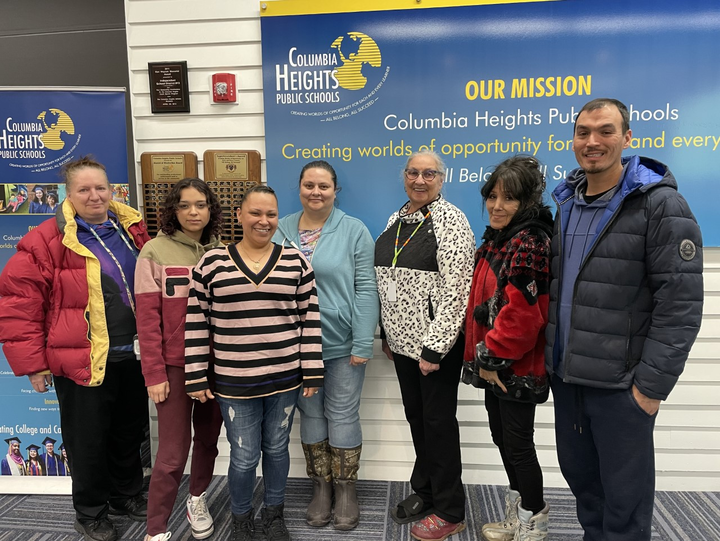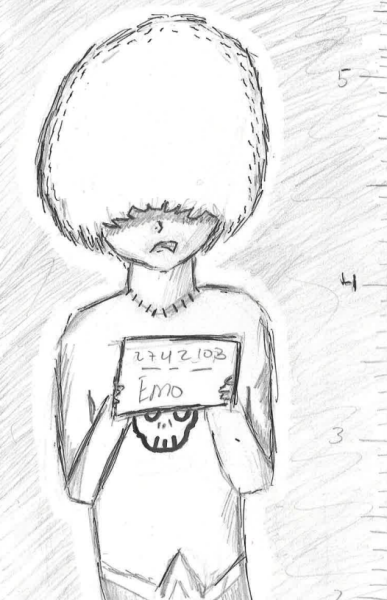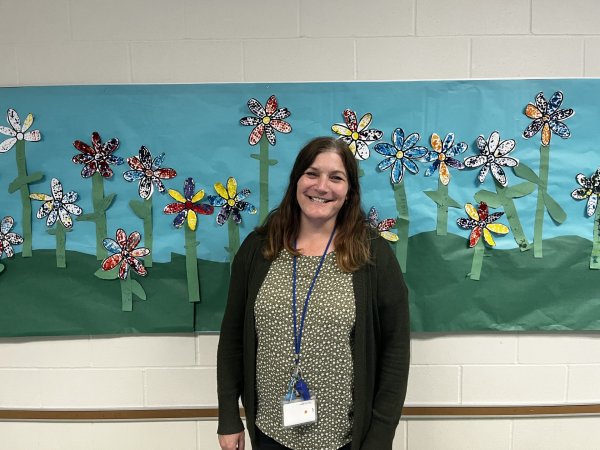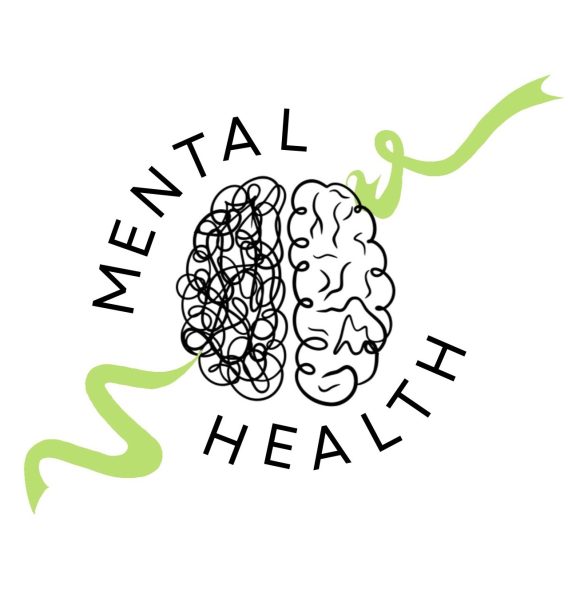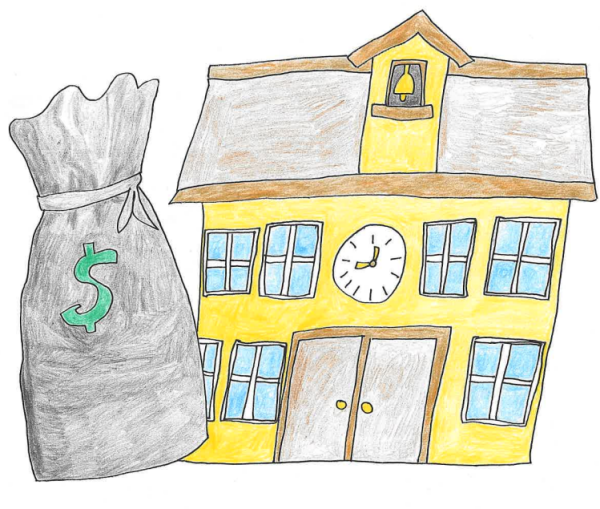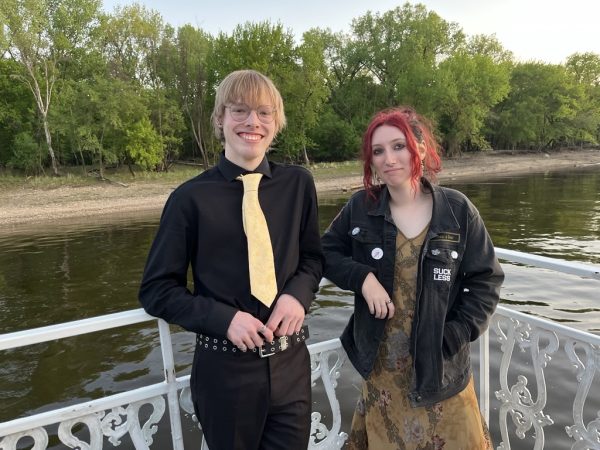Council ensures sharing and support of Indigenous cultures and students
Photo courtesy of Zena Stenvik
The American Indian Parent Advisory Council helps to represent and celebrate Native culture.
A previous version of this story in the Winter Print Edition of The Heights Herald contained multiple factual errors. Below is a fully corrected and fact-checked version of that story.
The American Indian Parent Advisory Council (AIPAC) at Columbia Heights Public Schools (CHPS) advises the district’s American Indian Education program, which was put in place to help establish resources, events and benefits for American Indian students and parents, such as the annual end-of-year powwow on the Columbia Heights High School (CHHS) football field.
The American Indian Parent Advisory Council is also in charge of the management of the American Indian curriculum in CHPS classrooms. This committee helps ensure that American Indian students are receiving culturally relevant and equitable education opportunities, including a dedicated course offered here at CHHS in the Social Studies department called American Indian Studies taught by Ms. Kristen Sinicariello.
“American Indian Studies is a semester-long elective course that uses an interdisciplinary approach to learning about the first peoples of Minnesota,” Sinicariello said. “The main issue that many Indigenous leaders and educators talk about is invisibility. Many people believe that Indigenous Americans are gone and are completely in the past. The aim of this course at CHHS is to shine a light on Indigenous cultures and histories and lift up our American Indian Students at Heights!”
The intention of the committee is to offer extensive opportunities for our students and parents to take advantage of that will help broaden students’ perspectives and understanding of American Indian culture, history and more. The AIPAC also helps to guarantee the achievement and success of American Indian students district-wide while also sharing their knowledge and culture with educational leaders to strengthen the district and parent partnership.
The council extends resources to these students to give them a more equitable chance to flourish under school conditions. At CHPS, American Indian student graduation rates during the past 10 years have continued and will continue to prosper with 100% of American Indian students graduating each year, which is monumentally higher than statewide and nationwide statistics. With a system like the AIPAC and its various programs in place, it allows for an efficacious and significant result in graduation rates. This year for the class of 2023, there are seven American Indian students graduating, which is 100% of American Indian students enrolled at CHHS.
Additionally, resources available to American Indian students via the AIPAC help prepare them for college and careers by providing unique academic and cultural support that unfortunately many other districts do not provide as extensively as CHPS. American Indian scholarships are also offered to students, along with information and guidance regarding additional services and programs offered at colleges and universities.
The AIPAC is primarily composed of parents and guardians of American Indian students at CHHS, along with Native staff members such as Leech Lake Band of Ojibwe member and American Indian Education Mentor Ms. Valerie Larsen, that work to help alongside them. In order for students to be eligible for these opportunities, they must apply for the American Indian Education Aid Program along with their parents and complete a budget worksheet and committee roster.
“We hope to set in place a system in which the voices of the American Indian community can be heard and represented properly,” Tatiana Martin Gonzalez (12), a student member of the AIPAC, said.
Columbia Heights strives to give CHPS students of all backgrounds the opportunity to pursue academic success to the fullest of their potential. American Indian students deserve the same chances and opportunities given to every student, as well as specific cultural support, and non-Native students should learn about the Indigenous peoples that populate our local lands both past and present, and the American Indian Parent Advisory Council does just that.


